And it doesn’t have anything to do with gun control. Instead, William “Juneboy” Outlaw says violence interrupters and street outreach can set young offenders on a new path. And Outlaw isn’t just engaging in hypotheticals, but is speaking from experience.
Between 1984 and 1989, I ran the largest cocaine gang in New Haven. It fell apart when I, at 19, was convicted of homicide and other crimes and sentenced to 85 years in prison.
You would think that I would have learned something from my sentence, but I didn’t. I seethed with rage and blamed the system for my problems. At the maximum security prison in Connecticut, I recreated the gang, only on a bigger scale. I became the “shot caller” for hundreds of Black inmates.
I was so incorrigible that I was transferred to the notorious federal prisons Lewisburg and Leavenworth. I took that as confirmation that I was now a national-level gangster. Even when 60 years were taken off my original sentence on appeal, my attitude still didn’t change. Even though I knew I wasn’t going to die in prison, I still felt that I had no future.
Ten years into my sentence — around the time I turned 30 — everything changed.
Three things happened within six months.
First, an inmate I was close to was killed by the Aryan Brothers gang. Even though I had been around violence all my life, I was stunned by his murder. We had been laughing and playing Monopoly just before he died. For the first time I really understood the senselessness of violence.
Second, I was mentored by an older inmate, who truly regretted the acts he had committed when he was a young man. This man became a father figure for me. He said I had great potential and leadership abilities. No one had believed in me since my high school basketball coach.
Finally I embraced education. This happened when my daughter, then a teenager, asked me if I had completed high school. When I said no, I was so ashamed that I wished I had been shanked. The next day I signed up for G.E.D. classes, and I haven’t stopped learning and reading since. I spent days upon days in the excellent federal prison libraries.
In 2009, I was released from prison. I got a job at Dunkin Donuts, my first legitimate employment.
After his release from prison, Outlaw joined a street outreach program called the Connecticut Violence Intervention Program, which, in his words, works to “target the highest-risk individuals, stop the spread of retaliatory violence after shootings, and work to change community norms. I preach education, mentorship, community service, and the real-life consequences of bad choices.”
But throughout his op-ed, one thing that Outlaw doesn’t preach is more gun control. He praises Joe Biden for committing to spending $1-billion on community violence prevention efforts, but he says nothing supportive about Biden’s desire to ban modern sporting rifles and “large capacity” magazines or the president’s attempt to install a gun control activist as permanent director of the ATF. In fact, he doesn’t mention Biden’s gun control efforts at all.
Instead, he talks about providing positive role models and mentors for at-risk youth, many of whom are growing up in abject poverty with little-to-no parental involvement. Outlaw also praises community policing, which may sound odd coming from a former gang leader but is in-line with his philosophy and strategy of focusing on youth at a high risk of perpetrating and being the victim of violent crime.
Now maybe Outlaw’s fully on board with banning modern sporting rifles, “large capacity” magazines, imposing universal background check requirements, and allowing law enforcement to decide who can legally carry a firearm based on concerns over “suitability” or a “justifiable need,” but if so, he apparently doesn’t think those anti-gun fundamentals are important enough to bring up in his op-ed on how to stop violence. I might be reading too much into his comments, but it sounds to me that while the gun control lobby is trying to change our gun laws, Outlaw’s trying to change the hearts and minds of the relatively small group of individuals who are the biggest drivers of violence in his community.
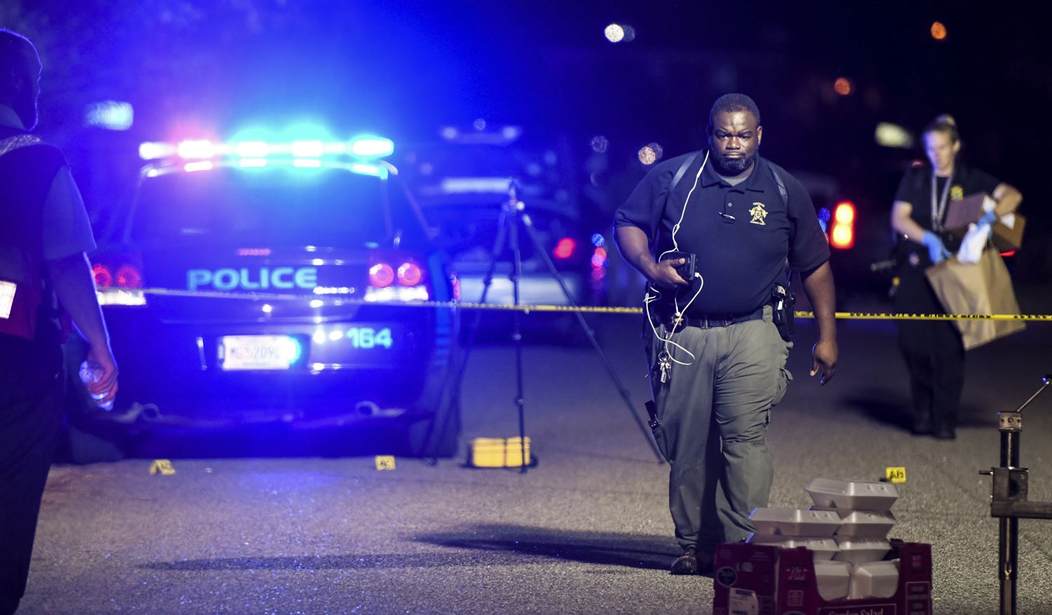



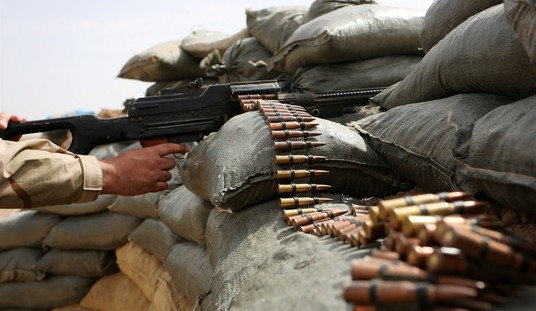
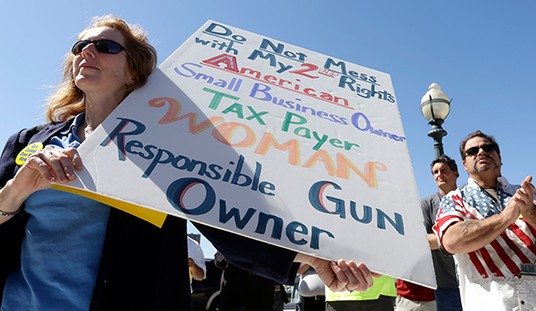

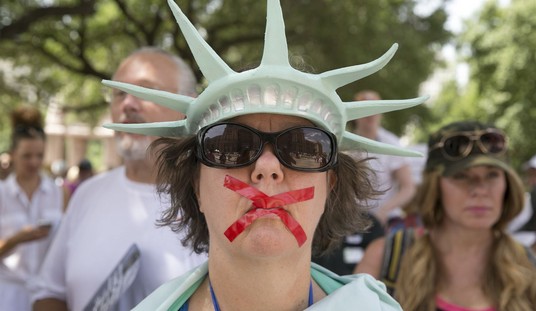
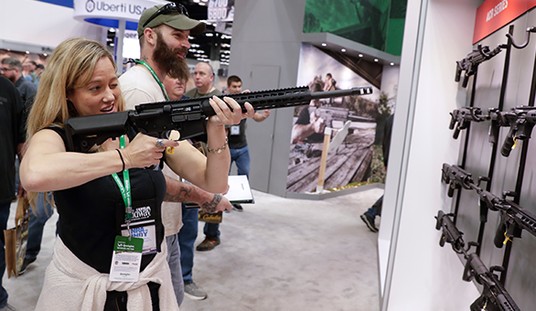

Join the conversation as a VIP Member